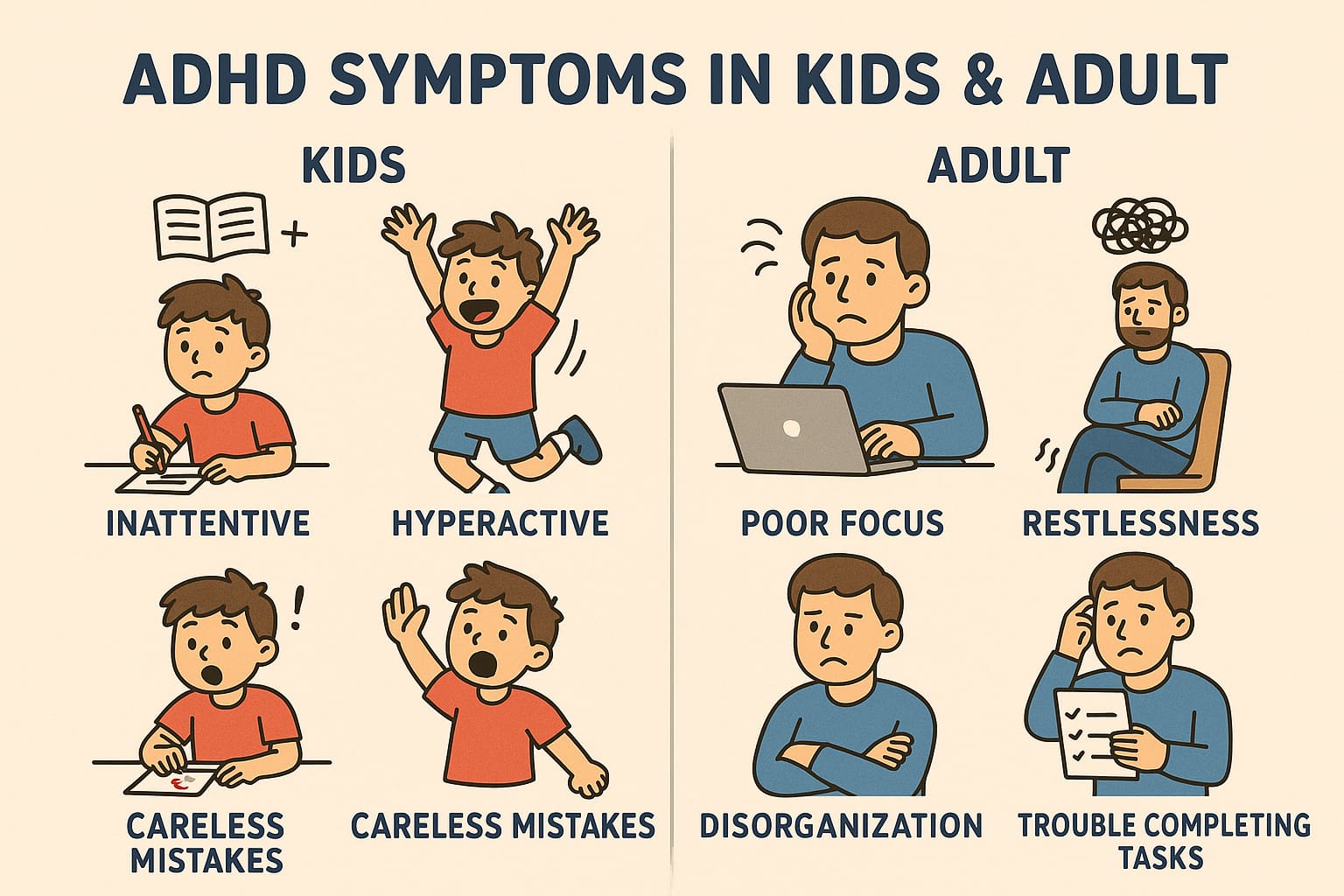A pharmaceutical management consultant helps companies navigate the complex and highly regulated drug development and commercialization process. They provide expertise in areas like regulatory compliance, quality management, and strategic planning to improve efficiency and reduce risks.
Their role is critical in driving innovation, ensuring compliance, and optimizing operations across research, development, manufacturing, and market launch. By addressing challenges throughout the pharmaceutical lifecycle, these consultants enable companies to stay competitive and meet stringent industry standards.
With increasing pressure on pharmaceutical and biotech firms to perform flawlessly, management consultants offer the strategic insights and tailored solutions needed to succeed in a rapidly evolving market. Their guidance supports sustainable growth and long-term value creation.
Role of a Pharmaceutical Management Consultant
Pharmaceutical management consultants focus on optimizing processes within drug development, regulatory compliance, and commercialization. They apply industry knowledge and management skills to address specific challenges, improve efficiency, and guide strategic decisions for their clients.
Core Responsibilities
Pharmaceutical management consultants help companies navigate regulatory frameworks, ensuring adherence to standards set by authorities like the FDA or EMA. They assist in developing and managing projects related to drug development, from initial research stages to market launch.
They provide strategic advice on market access, pricing, and reimbursement strategies to maximize product success. Consultants also analyze operational workflows to identify inefficiencies and propose process improvements, often leading initiatives in supply chain management or organizational restructuring.
Their role may include financial analysis, risk management, and aligning cross-functional teams to meet business goals. They often support regulatory submissions, compliance audits, and help design quality management systems.
Key Skills and Expertise
A strong understanding of pharmaceutical sciences, including drug development and manufacturing, is essential. Consultants require knowledge of regulatory requirements, such as Good Manufacturing Practices (GMP) and pharmacovigilance.
Expertise in project management and data analysis helps them oversee complex programs and interpret clinical or operational data. Business acumen, particularly in finance, marketing, and strategic planning, supports their advisory role in commercialization.
Communication skills are crucial for collaborating with internal teams and external stakeholders, including regulatory agencies. Certifications in pharmaceutical management or related fields enhance credibility and career progression.
Industries and Clients Served
Pharmaceutical management consultants primarily work with pharmaceutical companies, biotechnology firms, and contract research organizations (CROs). They also serve healthcare organizations, including hospitals and regulatory bodies.
Clients range from large multinational corporations to startups seeking guidance in product development or market entry. Consultants may engage with manufacturing facilities, ensuring compliance and operational efficiency.
Beyond pharmaceuticals, they occasionally support companies in related sectors such as medical devices and diagnostics. Their expertise helps diverse clients manage product lifecycles, regulatory challenges, and strategic growth within the healthcare and life sciences industry.
Pharmaceutical Strategy and Solutions
Pharmaceutical management consultants focus on improving business outcomes through targeted strategies. Their work covers patient access, regulatory adherence, and market launch success to optimize value creation and operational efficiency.
Market Access Optimization
Effective market access requires deep understanding of payer dynamics and reimbursement pathways. Consultants analyze pricing environments and negotiate access agreements that align with client goals.
They also develop strategies to demonstrate product value by compiling real-world evidence and health economic models. This helps secure favorable formulary placements and coverage from insurance providers.
Key activities include:
- Mapping stakeholder influence
- Designing payer communication plans
- Conducting competitive landscape analysis
This targeted approach ensures the product reaches appropriate populations while maximizing revenue potential.
Regulatory Compliance Guidance
Navigating pharmaceutical regulations demands continuous expertise. Consultants assist clients by interpreting complex local and international rules to avoid costly delays or penalties.
They support the preparation of submission dossiers, ensuring accurate documentation for drug approvals. Compliance programs are tailored to current Good Manufacturing Practices (cGMP) and pharmacovigilance requirements.
Consultants also monitor regulatory changes and adapt strategies promptly. Their risk management focus helps prevent violations through staff training and audit readiness.
Commercialization Strategies
Commercial success depends on aligning marketing, sales, and distribution efforts with product and market characteristics. Consultants design plans that integrate brand positioning, channel selection, and customer segmentation.
They apply data-driven insights to optimize launch timing and resource allocation, balancing short-term sales with long-term growth. Tactical elements often include:
- Multi-channel marketing campaigns
- Key opinion leader engagement
- Sales force effectiveness programs
This holistic approach improves product uptake and competitive differentiation in complex healthcare markets.


